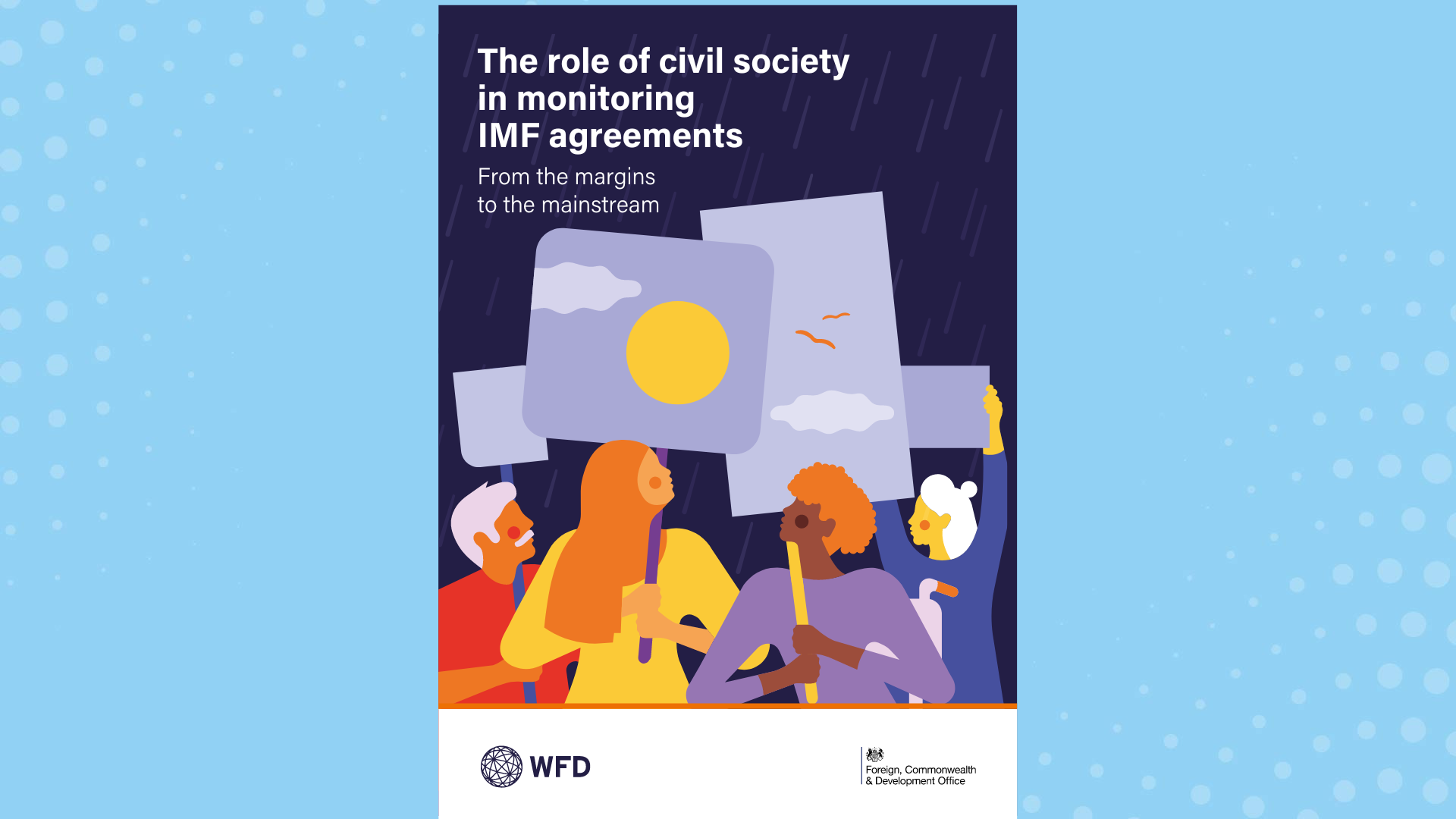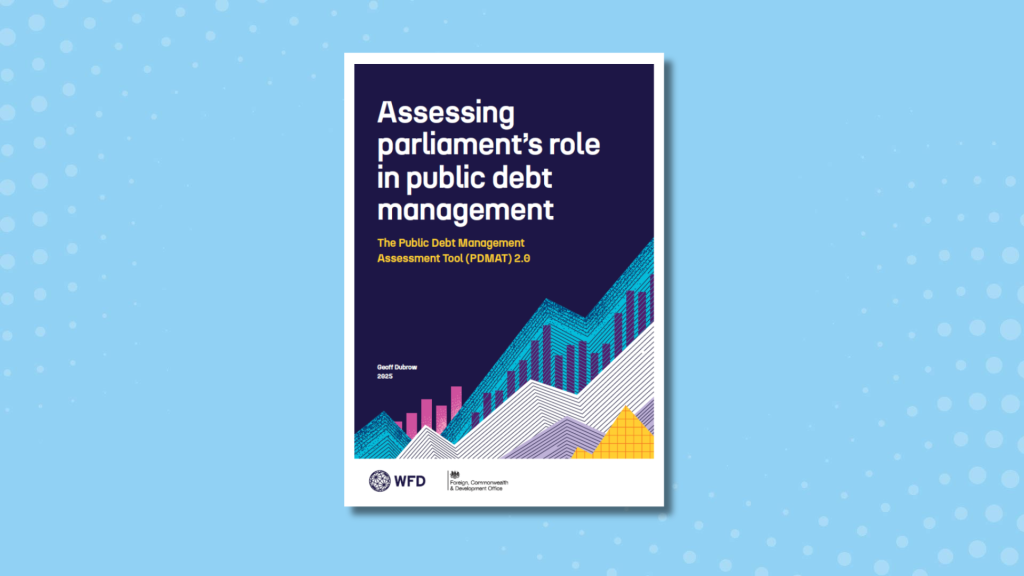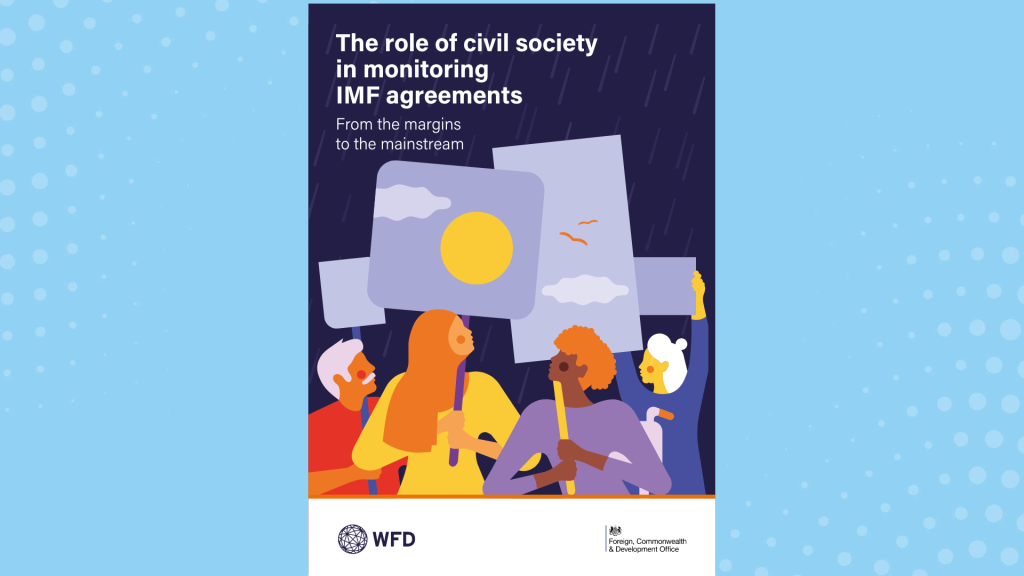
Geoff Dubrow
Governments are the sole parties that negotiate with the International Monetary Fund, which provides financial assistance to countries in or at high risk of debt distress. Because of this, unpopular deals often lack legitimacy in the eyes of citizens.
But, active and inclusive civil society oversight can significantly enhance the legitimacy, transparency, and effectiveness of IMF programmes.
This not only guards against the disenfranchisement of the populace but also ensures that the burdens and benefits of economic adjustments are equitably shared.
This paper examines case studies from Kenya, Sri Lanka, and the Caribbean. The experiences from the Caribbean, where governments have been willing to formally incorporate CSO input into IMF programme creation and evaluation, demonstrate the positive impact of formal CSO representatives in oversight mechanisms, leading to increased public trust and consistent adherence to fiscal discipline. Conversely, the experience from Kenya and Sri Lanka, where CSO engagement was blocked, highlight the challenges faced by CSOs when excluded from meaningful participation in the negotiation and implementation of IMF agreements.
The cases discussed signal a clear imperative for a structured collaboration between governments, international financial institutions, and civil society. Such collaborations ensure that economic reforms are not only technically sound but also democratically legitimised and aligned with the social and economic realities of the country.




